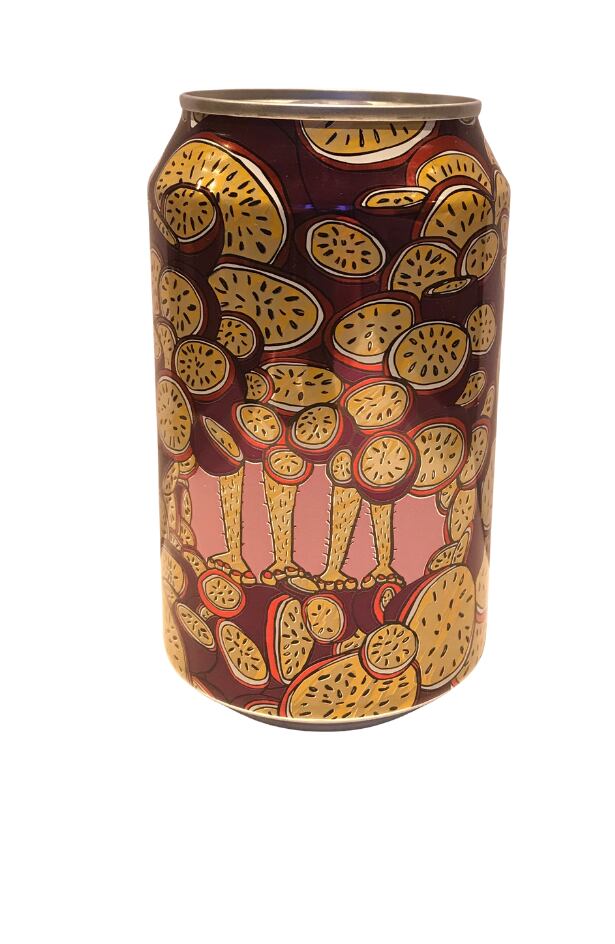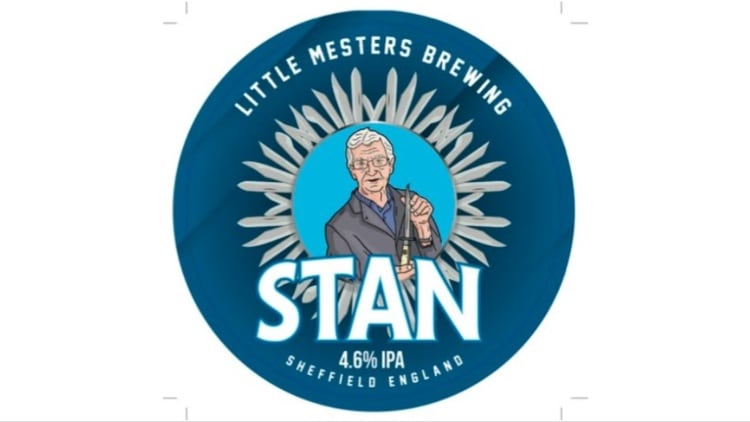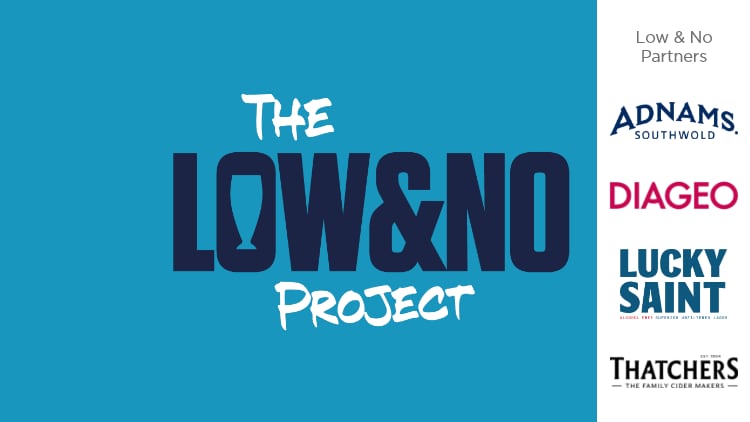The complaint, made by Zenith Global Commercial, as part of the Portman Group’s independent proactive audit of the UK market, raised concerns the product did not communicate its alcoholic nature with absolute clarity.
The Panel heard from the producer who explained it was a craft beer producer based in Stavanger, Norway and therefore operated under some of the most restrictive alcohol laws globally.
Since establishing its visual branding in 2016, it had not received any complaints regarding its artwork, product names, or any related matters.
Product design
The company explained the can designs were round and lacked a defined front, with clear information about the product such as “SOUR ALE” and the alcohol content of “7% VOL.”
However, on examining the can the Panel noted the design was fairly busy with an overt emphasis on passionfruit and that the positive alcohol cues were presented in relatively small font size on one side of the can.
The Panel also discussed the can size and the name and noted that the 330ml can and the name ‘Passion Tang’ are both associated with non-alcoholic soft drinks.
Consumer confusion
They noted the inclusion of the descriptor and ABV as well as the pregnancy warning label but that these were in a small font size and were hard to read among the design of the can as a whole.
On considering all these elements, the Panel found they detracted from the product’s alcoholic nature and could cause consumer confusion and so the Panel found that the packaging did not communicate its alcoholic nature with absolute clarity and accordingly upheld the complaint.
Chair of the Independent Complaints Panel Rachel Childs said: “It is not always enough simply to include positive alcohol cues. Producers must ensure that they are clear and sufficiently obvious to counter a significant emphasis on fruit imagery flavours, as was seen in this case.”
The product was withdrawn from the UK by the producer.




